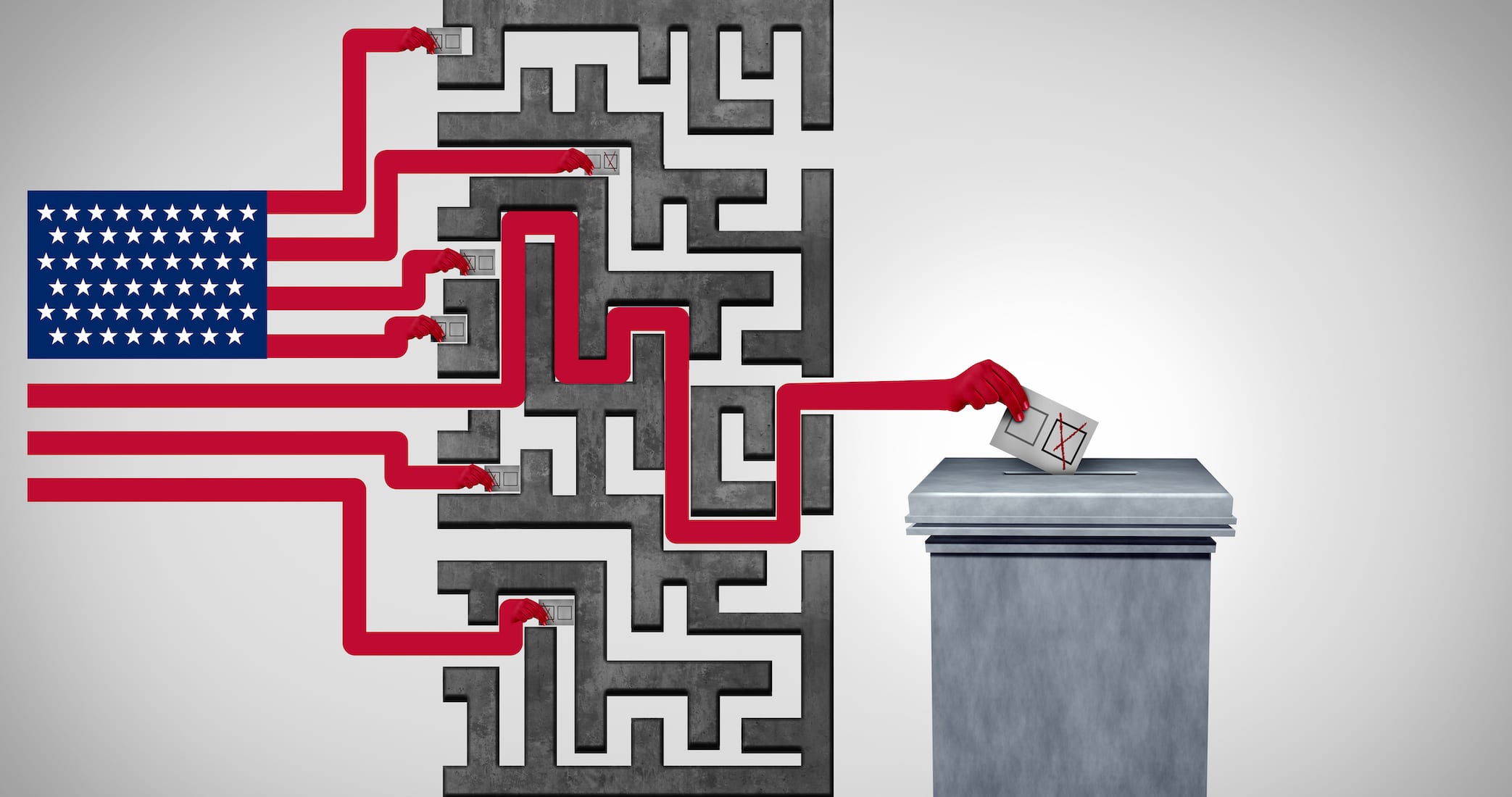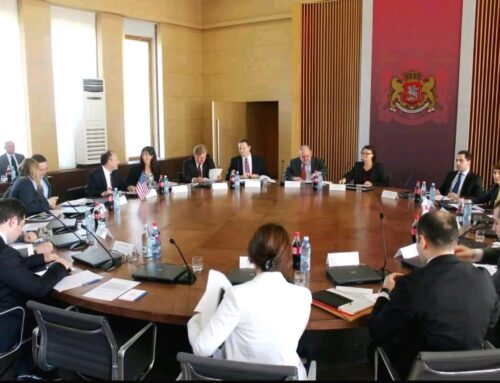
With all that’s going on in the world, it’s sometimes hard to stay focused on the problems that keep us from becoming a more perfect union. That’s what good leadership is supposed to do – keep us centered so that we can solve the problems that need to be addressed. And that’s why The American Leader produces its problem briefs – to provide a framework for more fully understanding the issues that shape our lives.
Last week we published a new problem brief on access to healthcare. Put on hold when the pandemic struck, this intelligence brief brings clarity to three aspects of our healthcare system that limit access for too many millions of people: lack of adequate insurance, soaring costs of care, and a shortage of providers. While this brief is still awaiting expert review, we are confident that it is well-sourced and reliable.
It only makes sense that our latest profile spotlights Ryan Brebner, who along with his sister, Laura Robbins, took an entrepreneurial stab at helping un- and underinsured people get connected with the financial aid programs for which they are eligible. Their company, Advocatia, just may fill a gap in the market that has left so many financial resources untapped by those who are eligible.
Meanwhile, Kentucky demonstrated that when expanded voting works in their favor, Republicans are all in. When expanding those opportunities makes it more likely that the “other side” will win, as in Georgia, Texas, and elsewhere, we are seeing efforts to undo effective changes like more days for early voting that contributed to record turnout in 2020. Our analysis of Georgia’s “voting integrity” law offers a unique comparison of the new law versus pre-2020 law and the rule changes during last year’s pandemic-influenced elections.
While the nation confronts its most dire internal challenges in half a century, we remain focused on the increasingly urgent systemic problems that are now more visible to more people than ever. And we’ll continue to report on the deep bench of leaders who are attempting to solve them, and the progress we are making towards needed solutions.
Though the individual problems may seem overwhelming, sorting through and prioritizing the resources needed to tackle them all is magnitudes greater. It would serve our common purpose to remember that not every problem can be solved first, and the best solution may not be the perfect resolution.




